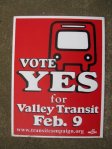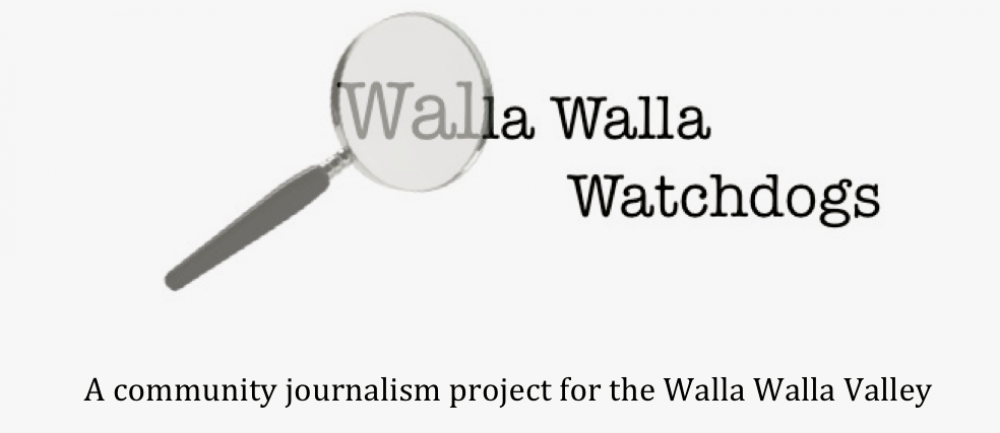Library leaders in both Walla Walla and the Tri-Cities are open to expansion or cooperation, but apparently only in one direction — east.
The director of the Mid-Columbia Libraries has asked the MCL board of directors to consider the possibility of extending service to Walla Walla Valley, just in case.
The board of directors of the WALNET library consortium are also looking east, to the possibility of sharing resources with libraries in Columbia County.
The Tri-City Herald reported Friday that Mid-Columbia board and staff discussed Walla Walla’s fragmenting libraries at a meeting Tuesday in Kennewick.
The Herald also reported that neither Beth Hudson, director the Walla Walla Public Library, or Aletha Bonebrake, interim director of the county’s Rural Library District, were particularly interested in the idea of merging with the much bigger MCL.
But Kyle Cox, executive director of the MCL, said Walla Walla library patrons have asked him about the possibilities of combining one or both of the two feuding library districts into the multi-county MCL, which has a budget for books and materials four times bigger than either Walla Walla library.
I am one of the Walla Walla people who spoke to Cox. I strongly convinced that spreading the cost of library services over the broadest possible tax basis would better serve all Walla Walla residents. In addition, I strongly believe that efforts to maintain the WWPL as an underfunded, independent municipal library is more about protecting turf than providing residents with top-quality library service.
One of the under-appreciated tragedies of the current stalemate is the WWPL’s decision 18 months ago to withdraw from the WALNET consortium that supported a shared catalog and integrated library system for Walla Walla’s two public libraries and the Walla Walla Community College Library.
The city’s decision to withdraw from WALNET saved the WWPL about $7,000, according to Hudson, but at the cost of eliminating access by city residents to either RLD or WWCC resources.
Stacy Prest, WWCC Director of Library Services, is now the board chair for WALNET. “We are discussing the possibility that the public library in Dayton, and possibly Waitsburg, might join the consortium and I’ve heard that Columbia County might want to join us. Sharing our catalogs and sharing the cost of an integrated library system would save money and expand services for all of us.”
If WALNET does expand to other libraries or other counties, the access to materials and services available to RLD patrons would grow. And the the loss of services available to WWPL patrons, triggered by the decision to walk away from the consortium, would be even greater.
By Bart Preecs
 Norm Osterman, one of the founders of Walla Walla Watchdogs, has posted a case study about the amazingly successful 2010 campaign to increase the sales tax in support of bus service in the Walla Walla Valley.
Norm Osterman, one of the founders of Walla Walla Watchdogs, has posted a case study about the amazingly successful 2010 campaign to increase the sales tax in support of bus service in the Walla Walla Valley.